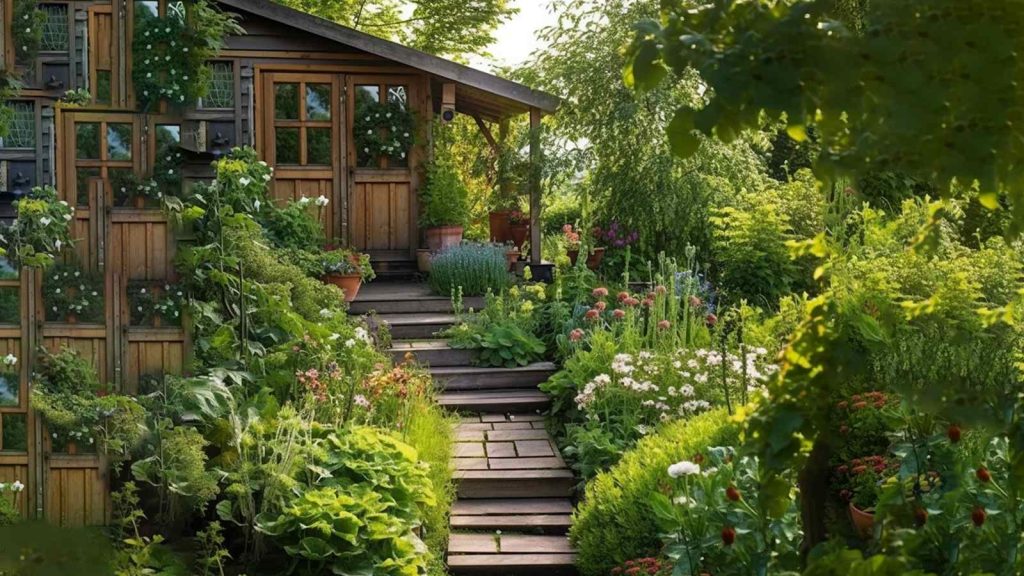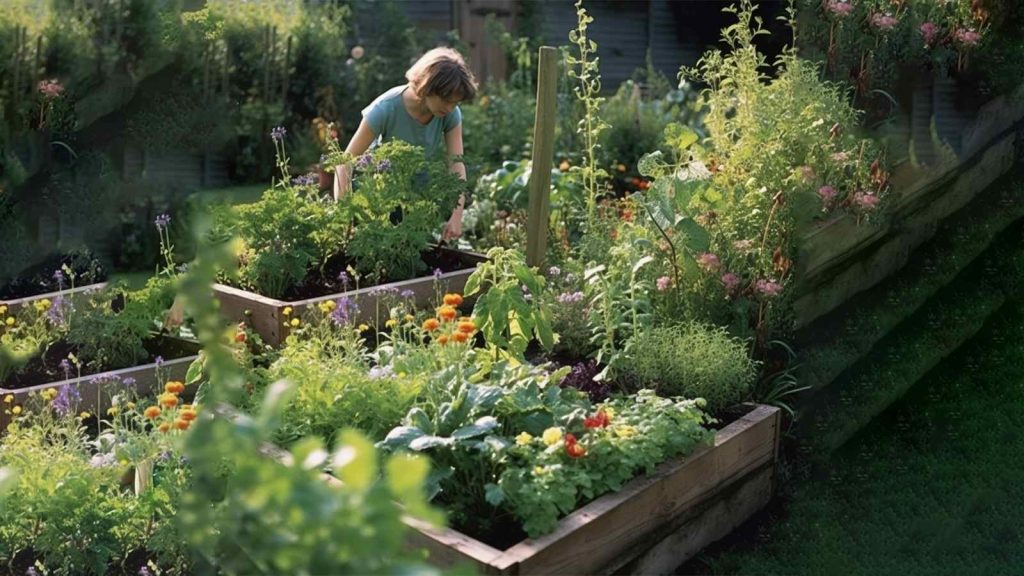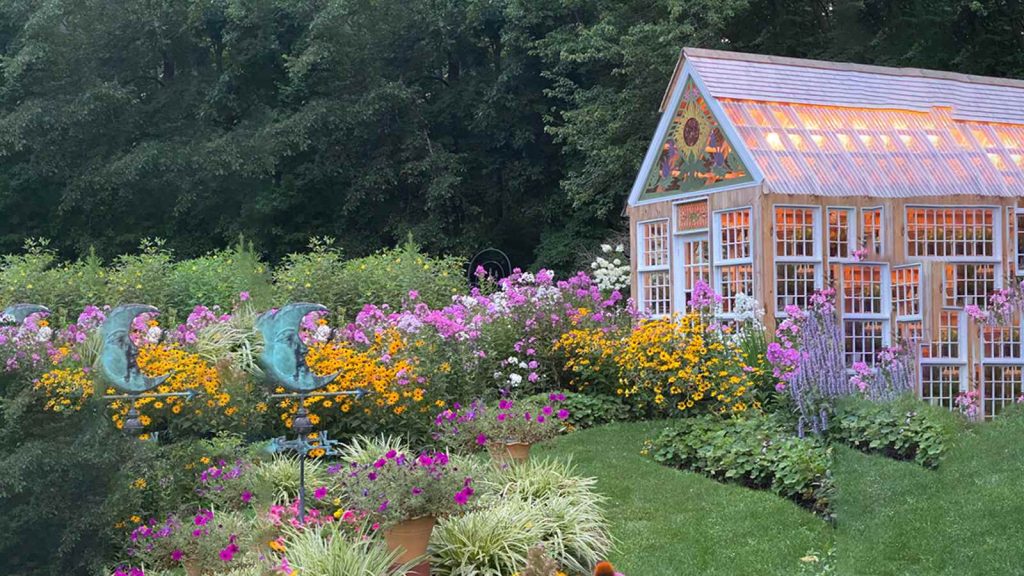A sustainable garden not only adds beauty to your surroundings but also promotes environmental well-being by conserving resources, supporting biodiversity, and reducing waste. Whether you have a small urban balcony or a spacious backyard, practicing eco-friendly gardening techniques can make a positive impact on the planet. Here are some tips to help you create a sustainable garden:
1. Embrace Organic Gardening:
- Chemical-Free Approach: Avoid the use of synthetic fertilizers, pesticides, and herbicides that can harm beneficial insects, animals, and the soil ecosystem. Opt for organic alternatives or natural methods to manage pests and enhance soil fertility.
- Composting: Start a composting system to recycle kitchen scraps, yard waste, and garden debris. Compost provides nutrient-rich soil amendment, reduces landfill waste, and improves soil health.
2. Conserve Water:
- Efficient Irrigation: Water plants during the early morning or late evening to minimize evaporation. Use efficient watering methods like drip irrigation or soaker hoses to deliver water directly to the plant roots, reducing water loss.
- Mulching: Apply a layer of organic mulch, such as wood chips or straw, around plants to conserve moisture, suppress weeds, and regulate soil temperature. Mulch also improves soil structure and provides nutrients as it breaks down.
3. Choose Native and Drought-Tolerant Plants:
- Native Species: Select plants that are indigenous to your region as they are adapted to local conditions and require less maintenance. Native plants also provide habitat for local wildlife and support biodiversity.
- Drought-Tolerant Varieties: Choose plants that are naturally adapted to dry conditions, reducing the need for excessive watering. These plants can thrive with minimal water and help conserve this precious resource.
4. Create a Biodiverse Habitat:
- Attract Pollinators: Plant a variety of flowering plants that attract bees, butterflies, and other pollinators. These beneficial insects play a vital role in pollination and contribute to a healthy garden ecosystem.
- Provide Shelter and Food: Incorporate native shrubs, trees, and other plants that offer food and shelter for birds, beneficial insects, and small mammals. This creates a balanced ecosystem and encourages natural pest control.
5. Practice Smart Garden Maintenance:
- Integrated Pest Management (IPM): Use an integrated approach to manage pests, combining cultural, biological, and mechanical methods. This minimizes the need for chemical interventions and protects beneficial insects.
- Proper Pruning: Learn proper pruning techniques to maintain plant health, shape, and size. Pruning encourages airflow, reduces disease susceptibility, and promotes healthy growth.
- Seed Saving: Save seeds from your garden to preserve heirloom varieties and reduce reliance on commercially produced seeds. This also encourages biodiversity and maintains plant resilience.
6. Responsible Waste Management:
- Reduce, Reuse, Recycle: Minimize waste by repurposing materials for garden projects and reusing containers or tools. Recycle materials whenever possible and dispose of garden waste responsibly.
- Smart Gardening Equipment: Choose eco-friendly garden tools and equipment that are energy-efficient and have low emissions. Consider electric or manual options instead of gas-powered tools.
Sustainable gardening is a continuous journey of learning and adapting. By incorporating these practices into your gardening routine, you can create a beautiful, thriving garden that respects and nurtures the environment. Start small, experiment, and enjoy the rewards of gardening in harmony with nature.




